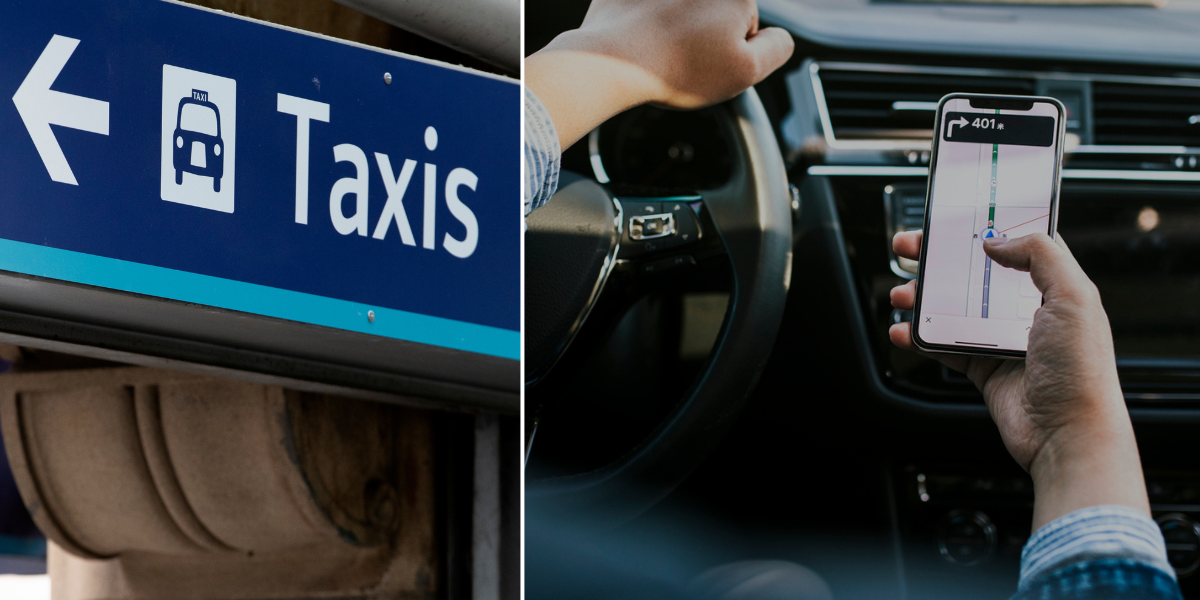A new proposal could see all new petrol taxis and private hire vehicles phased out over the next decade in a major region in the North of England.
The proposed changes by Newcastle-under-Lyme Borough Council will be subject to a 12-week consultation and aim to transition the borough’s taxi fleet to align with the UK mandate to have all new car sales electric by 2035.
If approved, the policy would mark a significant shift from the current age-based vehicle licensing system to one focused on emissions and engine type.
The first changes could come into effect as early as April next year, with the council planning to stop licensing vehicles that only meet the Euro 4 emissions standard.
Do you have a story you’d like to share? Get in touch by emailingmotoring@gbnews.uk
The council is planning to axe taxi licenses for vehicles with Euro 4 emissions
PA
This move would affect just three taxis in the borough initially. The proposed timeline for phasing out different types of vehicles is ambitious. In 2025-26, the council plans to accept final renewal applications for Euro 5 vehicles.
From April 2027, new licences for petrol, diesel, or LPG-powered vehicles will no longer be granted. But by 2030, no vehicles with internal combustion engines will be licensed.
The final step in 2035 would see the council stop granting licences for hybrid vehicles, ensuring all taxis have zero tailpipe emissions.
Licensing officer Matt Burton told the BBC: “Currently, we have a policy that says that all vehicles have to be less than seven years old when they’re first licensed, and after 10 years they have more frequent testing.
“What we’re looking to do is move away from an age policy altogether, and as suggested in the best practice guidance, move towards an emissions and fuel type criteria.”
The proposed policy also includes changes to private hire vehicle regulations. The council is considering banning door livery displaying operators’ names on these vehicles.
This move aims to prevent confusion between private hire vehicles and Hackney carriages. However, concerns have been raised about this potential change as some worry it may make it difficult for passengers to identify the private hire vehicles they have booked.
Burton acknowledged these concerns, stating that the council had considered this issue. The new policy will undergo a 12-week consultation with the taxi trade and other stakeholders before returning to the council for final approval.
The proposed changes reflect a growing trend towards greener transport solutions across the UK and would also align with the UK’s ambition to become net zero by 2050.
The shift from age-based to emissions-based criteria marks a significant change in approach. It prioritises environmental impact over vehicle age, potentially allowing older but cleaner vehicles to remain in service.
The phased implementation, starting with Euro 4 vehicles in April, allows for a gradual transition. This may help mitigate immediate impacts on taxi drivers and operators.
LATEST DEVELOPMENTS:
The move will align the taxi structure with the UK’s ambition to have new car sales be all-electric by 2035
PA
However, the ban on internal combustion engines by 2030 and hybrids by 2035 sets a challenging target for the council. It will require significant investment in electric vehicle infrastructure and support for taxi operators to upgrade their fleets.

